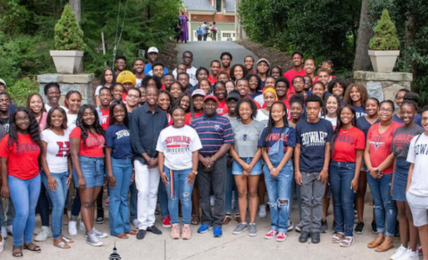Nature Communications adds editor’s note, starts investigation into paper suggesting male mentors more impactful than females
"We're aware of the concerns raised regarding the publication of this paper," Nature said in a statement released on social media on November 19.







